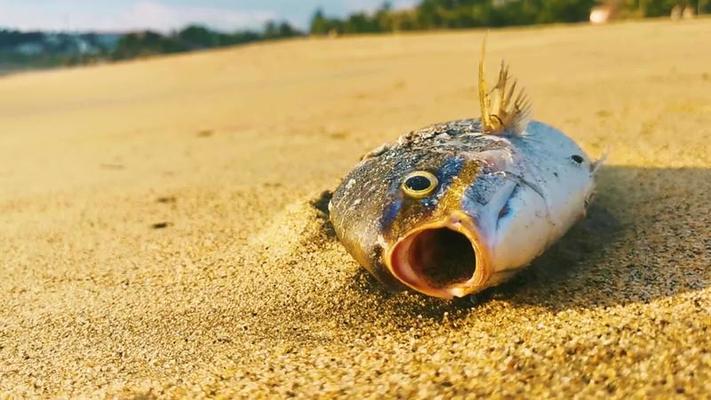Muddy waters surround Drake archaeological explorations

Stories circling the world about the discovery of ships of the first Englishman to circumnavigate the globe, pirateer Sir Francis Drake, had an American explorer rushing to clear the muddy waters.
"We've only done preliminary studies. We have not recovered anything, we have not saved anything, because we know and are aware that INAC [National Institute of Culture] should be part of this project" said Ernesto Cordovez, president of Central Marine Research on Monday.
A press conference was called to clarify his participation in an archeological expedition in Portobelo, Colon Province.
Cordovez said the company has asked INAC to grant permissions to start the recovery phase artifacts and their subsequent maintenance. "We have findings from an academic perspective which we hold in high regard," he said.

His comments came days after Pasquale Pat Croce, founder of St. Augustine Pirate & Treasure Museum and former president of the 76ers , a Philadelphia basketball team, told a newspaper in Philadelphia he had discovered the wrecks of the ships of Sir Francis Drake, in the waters of Portobelo, as part of an expedition made by explorers from the UK, France, Australia, Panama and Colombia.
In support of his claims that everything was in order, Cordovez submitted copies of the Official Gazette listing a Cultural Agreement of May 11, 2000, in which the company and the then director of INAC, Rafael Ruiloba agreed that Isthmus Marine Research would be responsible for conducting a scienticic historical research study and exploration and recovery of objects deposited in offshore waters of Portobelo.
The contract provided also that it was renewable every five years. In 2003 said Cordovez, an Exploration Concession was signed in June and, a Concession Recovery Agreement in July, with the Ministry of Economy and Finance (MEF) and published in the Official Gazette .
Findings in Playa Damas. “were made under the agreement with INAC. We began the project under the agreement to identify the pieces now lying in the premises of Central Marine Research in Portobelo” he said. It was then, that Isthmus Marine Research was sued in the Supreme Court, to declare the nullity of the Recue Concession Contract for Recovery
In September 2004 the court ordered the suspension of operations but, after three years determined that the contract with the Nation was legal, and ordered that the suspension time be recognized.
In March 2010 FEM added a contract addendum to the recovery document , to allow continuation of the work.
"On multiple occasions, we made requests to INAC to extend the permits to continue operations that once were suspended by the court, "said Cordovez.
In order to not breach the contract the recovery project began preliminary studies "to determine at which sites recovery could be made, what are the archeological sites that can serve as sites for teaching and education through local universities and then to carry out the conservation of artifacts."
Finally Deeptrek – a consortium of experts from around the world who specialize in underwater operations, in conjunction with archeologist Jim Sinclair will determine the job profile, and then proceed to the stages of conserving and documentation and identification of each of the artifacts.
Hector Pineda, of the Bureau of assets of the State, appraisals department,was at the press conference and said he was the officer assigned to the project. Pineda, who was identified with an ID of the MEF, said he attends diving tours of the monitoring and all the sea operations (about three in the last week)





